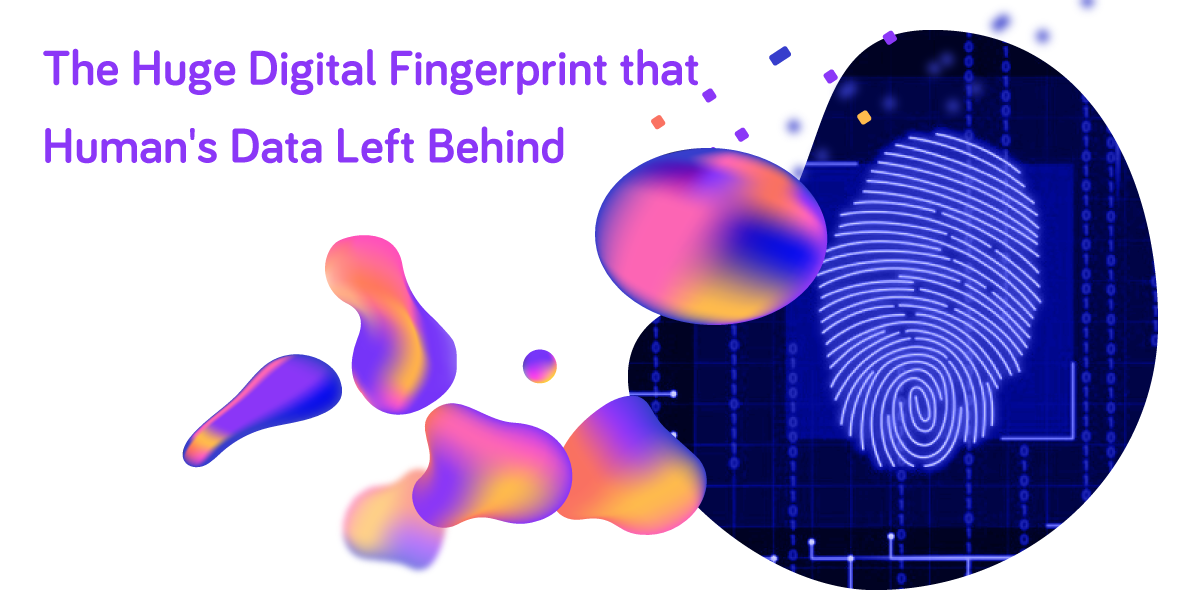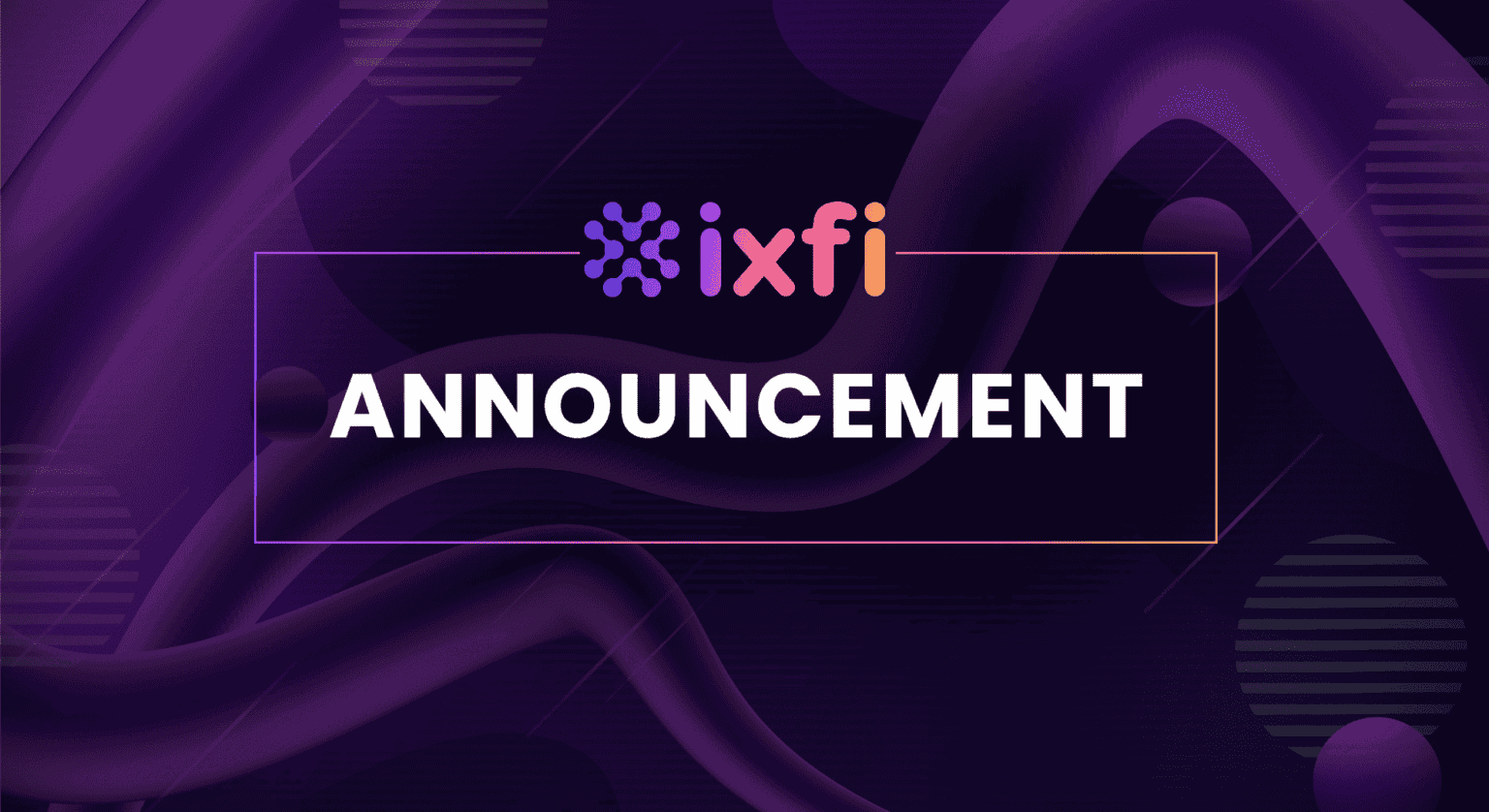If we talk about computer storage, it may seem like we are constantly running out of that and that we keep inventing new storage devices with more and more space. But can we keep doing that forever? Depending on how old you are, maybe you remember floppy disks — the unit of storage that was transformed into today’s notorious “save” icon on every system and app. These disks were measured in kilobytes in the ’80s and were considered to have a lot of storage capacity back then. If you are younger, this might sound shocking to you, because you think more in terms of gigabytes or terabytes.
Nowadays, we are constantly producing data like there is no tomorrow. We’re talking about numbers so big that it might be hard to even comprehend them. To form an idea for yourself, consider this: a research firm estimated that the data consumed in 2020 was about 60 zettabytes — about 60 trillion gigabytes. The total volume of data is incredible, but the growth rate is even more shocking.
In 2012, another study estimated that 80% of the world’s data was created in the previous two years. Just think about that acceleration speed. Since then, the global volume of data has only continued to grow and multiply, and the trend does not seem to be slowing down anytime soon. At this rate, humans will produce more data in the next three years than in the last three decades.
So why do we produce more data?
No doubt that smartphones are part of this problem. Everybody has their personal computer in their pocket. Not only that, but smartphones are connected to the internet, so they continuously send and receive data, even when they are not active. A recent study shows that Gen Z-ers unlock their phones around 100 times a day — approximately once every 10 minutes.
These habits actively contribute to the following numbers every single day:
· 600 million tweets
· 5,000 TB of Facebook posts
· 70 billion WhatsApp messages
Smartphones might not be the only problem
You might suppose that video platforms, like Netflix and YouTube, make up for most of the data that we’re using. But the whole share of consumers makes up 45%, and this number might even go lower. So, where’s the rest of the data?
The Internet of Things and other devices requiring an internet connection have contributed to our digital fingerprint extension. However, the most considerable Year-over-Year growth comes from corporate and productivity data. These are information from cars, sensors, and automated generated metadata kept behind the scenes.
Autonomous vehicles use different technologies, such as cameras, sonar, radar, and GPS, to monitor the traffic, to choose the optimal route and avoid obstacles. Intel estimated that the average autonomous vehicle uses 3 TB of data daily. For a clear perspective: one car produces data equivalent to 2,000 people. What’s even more is that the data needs to be securely stored.
Isn’t Moore’s Law obsolete?
In the 60s, Intel’s co-founder, Gordon Moore, invented Moore’s Law. As transistors on a microchip double every two years, calculus power will grow at a corresponding rate. However, Moore added that this is not a scientific law but more of an observation. In 2011 he admitted that since the transistors are smaller and smaller and get to the size of an atom, the processing power will hit a massive resistance in the following decades. So we need to avoid a blockage by finding new ways to monitor the data.
Another thing to consider is security. There are millions of new devices that connect daily to the internet. That is a considerable challenge for experts because of the devices and protocols they’re using that provide new hacking opportunities.
Multiple Questions, One Answer: Decentralized Networks
The volume of data that we produce grows exponentially. As a result, our capacity to monitor and respond using centralized computing is reaching its limit. A possible solution to this challenge could be decentralized networks. Of course, we still need to do a lot of research on this subject, do tests and experiments and try to assess what the consequences of decentralizing the data storage system could mean for our future . But the blockchain’s sound technology has already been proven. As we step into a hyperconnected world, decentralized networks might be essential in obtaining the maximal economic and social benefit from the Internet of Things.
So, even if the accelerated growth of data may pose a threat to our society, the human race is always progressing and scientists are always innovating the existing technology to keep up with the constant changes every passing year brings.
So, don’t hesitate to decentralize your assets, because it seems like that is the best solution we currently have to keep everything in check and it’s expected that many of the world’s systems and processes will be moved to the blockchain in the upcoming years.
Disclaimer: The content of this article is not investment advice and does not constitute an offer or solicitation to offer or recommendation of any investment product. It is for general purposes only and does not take into account your individual needs, investment objectives and specific financial and fiscal circumstances.
Although the material contained in this article was prepared based on information from public and private sources that IXFI believes to be reliable, no representation, warranty or undertaking, stated or implied, is given as to the accuracy of the information contained herein, and IXFI expressly disclaims any liability for the accuracy and completeness of the information contained in this article.
Investment involves risk; any ideas or strategies discussed herein should therefore not be undertaken by any individual without prior consultation with a financial professional for the purpose of assessing whether the ideas or strategies that are discussed are suitable to you based on your own personal financial and fiscal objectives, needs and risk tolerance. IXFI expressly disclaims any liability or loss incurred by any person who acts on the information, ideas or strategies discussed herein.


